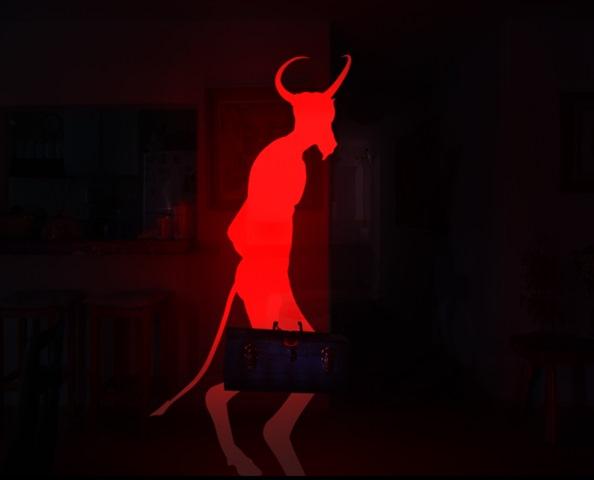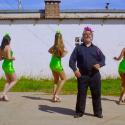Post Tenebras Lux is a hard film to love, but it is one which engrosses. Although riveting, its appeal is akin to the fascination exerted by catastrophes and car pile-ups. Fittingly, the taste it leaves is bitter. It’s also hard to digest. Contrary to the title – light after darkness – there’s little to suggest either salvation or a path towards redemption.
Director Carlos Reygadas doesn’t make it easy for viewers: there was animal cruelty in Japón (2002) and explicit sexual situtations in Battle in Heaven (2005), but he seemed to have mellowed with the Dreyer influenced Silent Light (2007). After a break, he has returned to being a director demanding forbearance from his audience. Lovers of dogs should avoid Post Tenebras Lux.
Wealthy industrialist Juan (Adolfo Jiménez Castro) has left the city for rural Mexico with his wife Nathalia (Nathalia Acevedo) and their daughter. The mountainous region is populated by stock characters who appear to be distant relatives of the unpleasant New Zealand countryside folk from Jane Campion's Top of the Lake. Juan is having some sort of breakdown, reflected by the film’s fragmented, cut-and-paste structure. He’s experiencing dreams, hallucinations and flashbacks through his life - the devil silently visits his house. Most of his hallucinations and dreams are about losing control or being an outsider – along with others, he watches his wife having sex with a stranger in a French bath house. It may be a memory; it may be a hallucination. Some of the dream sequences are strikingly (too much so) similar to those of Tarkowsky’s Solaris.
Post Tenebras Lux works fantastically as a depiction of a fragmented psyche, but comes across as an exercise in style rather than organic filmmaking like the more fully formed Silent Light. The extras on the DVD include the trailer, an interview with Reygadas which should not be watched before the film and one with Acevedo that’s inconsequential.
Watch the trailer for Post Tenebras Lux













Add comment